OTTAWA — Pete Hoekstra thumbs through an imaginary document, and pauses for effect: “This is a serious proposal — pile one.” Then he raises a second document. “I can’t believe this,” he guffaws. “This is a joke.” Straight to the discard pile.
That, says President Donald Trump’s ambassador to Canada, is how it will go — one way or another — when newly elected Prime Minister Mark Carney submits a proposal on a revamped economic and security agreement with the United States.
“The ball’s in your court,” Hoekstra told POLITICO Magazine in a Thursday sit-down at the U.S. Embassy.
Hoekstra, who left his blazer in his upper floor office, casually fended off queries about Trump’s desire to make Canada the 51st state. He peppered his responses with jokes, even as he was deadly serious at other times about the future of the U.S.-Canada relationship and how he sees his role as ambassador.
A former Michigan GOP congressman, Hoekstra was born in the Netherlands and served as ambassador to his native land during Trump’s first term. He feels at home in the Canadian capital, which recently celebrated the 80-anniversary of the Dutch liberation from Nazi Germany.
But he’s also feeling hurt by Canadians’ ban of certain American products from their store shelves in the wake of Trump’s trade war and calls for annexation.
“That is an insult to us,” he said. “We have not done anything like that.”
The previous evening, Hoekstra was seen by a POLITICO colleague holding a 30-minute impromptu meeting with Canada’s finance minister on the sidelines of the opening night reception of the B7, an important subgroup of the G7 summit that Carney is hosting this year.
That’s where we started our conversation, edited for length and clarity.
It appears you had a really interesting conversation last night with Finance Minister François-Philippe Champagne? What can you say about that?
It’s fake news. I'm just kidding, just kidding. They said, hey, Champagne, would love to meet with you. ... We had a great initial conversation. Obviously, I've never met him before. I spent about 30 minutes talking with him.
Any impression from him on his dedication to that file and the G7 finance ministers next week?
This was a meeting to get to know each other. He was very cordial, very friendly, very outgoing. We told him we were going to Quebec City sometime in July. He said, “Oh, you know, make sure that I know, we will get together.”
We talked a little bit about some of the issues that are going on, but not into a lot of detail.
When President Trump first announced your nomination for this, did you have any idea you would be coming into a context like this, that it might be this challenging?
I've spent a lot of time doing foreign policy. When I was in Congress and when I was on the Intel Committee, I traveled to 84 different countries. I've met with Gaddafi. I've met with Assad, Arafat.
You've been in tight spots before?
I'm not even sure I would have called them tight spots. Challenging in terms of what the topics were, but also with a recognition that in a lot of those you can get through them relatively quickly. I mean, if you're in Afghanistan or Iraq, you recognize that you never got through. Because you’ve spent some time in Afghanistan, right?
Oh yeah.
That’s amazing. I traveled to Afghanistan. I was there five different times. But when a congressional delegation comes in, we parachute in, we're there for two or three nights, then we're airlifted out.
So you come to Ottawa, where there's a certain perception of Americans right now. And you get to go to the Tulip Festival and you get to relive some of the heritage of your birthplace. What did you think of all that?
It's great. Here, it is a remembrance and appreciation for what the Canadians did to help liberate the Netherlands. I mean, they liberated my mom and dad, right? So that's a big deal.
Does it make you feel any more connected here in any particular way?
Not in any particular way other than I know there's a lot of Dutch here. I know that the Canadians and the Americans, we sacrificed a tremendous amount in the Netherlands for World War Two. I'm sometimes envious of the special relationship that the Canadians have with the Dutch. But we had Operation Market Garden with the Brits and the Poles. We lost a lot of Americans. I think Canadians are envious of the film A Bridge Too Far, which highlights Americans and the Brits and the exploits that they made in the Netherlands.
Can we talk about the 51st state stuff? In your confirmation hearing, you said you affirm Canada as a sovereign country.
And last I checked, America does not send ambassadors to states.
Good point. But then your president, of course, restates it in the context of the Oval Office with Prime Minister Mark Carney, and you were there. How does this affect your job and your marching orders? Can you just explain how you reconcile that in your mind?
I thought the president and Carney reconciled it very well. There's nothing more that I have to say. The president said, “Hey, we love Canada. Yeah, it would be a great deal for you to be the 51st state.” Carney says, “It ain't gonna happen.” And the president says, “Never say never.”
I've got my marching orders. The president’s laid out the priorities very clearly. We’ve got to do everything to keep America safe, secure and prosperous, right? And if you're doing your priority list, you know you can put things under those three priorities somewhere, then go do it.
What can you say about what President Trump likes about Prime Minister Carney, as opposed to Justin Trudeau?
I've never watched the dynamics between him and Trudeau. [Trump and Carney are] both successful business people in the business world. Carney is smart. They had a great conversation at lunch, and they could go back and forth through all these different issues. So the president got a smart guy sitting across the table.
It's a good place to be with the president. The president likes to have friends. We all like to have [friends]. But the president's a business guy. It's kind of like, okay, “Is this somebody that I can get to a deal with? Can I talk to him about tariffs? Can I talk to him about NATO? Can I talk to him about the Arctic and all of these kinds of things?” So I think the president and his team are very much waiting for the signals from the Carney team, as to exactly what the agenda is going to be.
What’s the top signal you're looking for? Is it defense? Canada has done a lot of, tried to do a lot on the border, but defense spending? Is that one, or what else?
The Canadians focused on 51st state [rhetoric]. But what we're looking for is: There have been indications that the Canadians are saying, “Okay, we're going somewhere else. America is no longer…”
Carney calls them new reliable trading partners. How does that make you feel when he uses that kind of language?
That's Canada's decision. I don't like it but that's Canada's decision. I prefer them to be a great ally with us on energy. I prefer them to be a great ally with us on the auto industry. I prefer them to be a great ally with us on defense, on the Arctic and all of those kinds of things. And I think that's where the administration is. But if the Canadians want to go a different path, that their best bet for an economic relationship is to do it with the EU, I don't think it's a very advantageous move, but if that's what they decide to do…
Doesn’t look like that'll happen. But we hear the word diversification in Canada endlessly.
[Hoesktra laughs]
But anyway, what about the auto industry? You're from Michigan. Deep links. Does the president really want to reshore all of that work to the U.S.? You talk about cooperation. Does cooperation entail keeping jobs in Canada?
This relationship will be written by the response to the president from the Oval Office meeting.
What is Carney going to come back with? What’s Canada looking for? I was at the White House on Tuesday. I met with [Director of the National Economic Council] Kevin Hassett .
We have lots of proposals coming in. Hassett and his team, [Commerce Secretary Howard] Lutnick and these guys, it's very straightforward.
They go through [and Hoekstra eyes an imaginary document] and say, “This is a serious proposal — pile one.” [Hoekstra then holds up another imaginary document] “I can't believe this. This is a joke.” They basically put that in the circular file.
Has Canada put anything out there yet that's gone in either pile?
No. Carney’s just announced his Cabinet. You got the speech from the throne in two weeks, which outlines — I think it's similar to what they do in the Netherlands — that this lays out the agenda.
We'll dissect it and see exactly what signals we get. But the most important thing will be: What's the proposal that comes back from the Carney government on a path forward? Is it an agenda in a platform that creates the case for giving Canada the best deal of any one, of any country in the world?
Because of what we do on energy, what we do on autos, on a whole range of issues? Or is it something else that just says, “Hey, we're going to diversify. We are now one of 170 countries that America does business with.”
What do you want to see on energy? We've got these critical minerals. We've got so much other stuff.
The president is very interested in critical minerals. He's very interested in energy. He's fascinated, and he loves, he loves Michigan, he loves autos. You know what the benchmarks are, and you know that he cares about 2 percent [defense spending target under NATO]. He cares deeply about 2 percent.
If Carney comes back with 2 percent is that going to be enough for now? Or is it going to be “Let's talk about 5?”
It depends on when he comes back with 2 percent. If he comes back with 2 percent on May 29, he's in a good spot. If he has a plan to get there before 2030.
He's in a better position, but he is going to have to recognize that on June 30, NATO and [Secretary of State Marco] Rubio and the president may come back to him and say, “Oh, well, it'll happen before that.” The number only goes up if there's a unanimous vote in NATO.
So if a vote is taken at the NATO leaders summit, we have a new target. That's the state of play, right?
That's the state of play. Whatever NATO decides.
Could we talk again about cars and the relationship with Michigan? What's your advice to Canadian auto workers right now? It's got a deep economic impact. There's a real connection to your state. What's your best advice to these workers right now?
I don’t give advice.
What’s your message?
My message is the ball’s in your court. Send the signals that say, depending on what kind of deal you want, how do you see the relationship? If you're negotiating to try to get the best deal of any country in the world, send some signals that that's happening that you care deeply about this relationship, and you see it as a long term relationship, and America as a reliable somebody that you want as a reliable partner moving forward. Or if you see something else, maybe prohibit American products from being on Canadian shelves.
What about going back to the status quo of USMCA? Is that a good deal? Is that a constructive proposal?
No, I think the president's made it clear, we're moving beyond USMCA.
He believes that his mandate is to reshore industries and reshape these relationships. And he's going to do that.
I'm assuming we will have another agreement. But exactly what that agreement is going to look like is going to be heavily dependent on what Canada comes back with.
Is there a timeline on this? You mentioned that we have a throne speech. It's a new government. You said maybe a defense target on May 29. But this summer, when do we restart this?
They're doing deals right now.
To some countries, they're saying, “Hey, come back with a better proposal,” or “We're close enough here, let's spend a few days going through it, and let's talk about it, and let's set up the framework.”
The Trump team, they're working seven days a week. I don't want to say they're stretched, but they're busy.
They’re negotiating with the whole world, right?
They’re negotiating with the whole world. If Canada comes back with a relatively straightforward proposal that the Trump administration sees as being a really serious proposal…
What is one serious thing that he would like to see, do you think?
I don't think there's one serious thing. “We're going to partner with you, and this is what that means on critical minerals; we are going to commit to 2 percent on defense; we want to do a deal on the Arctic.”
There are certain throwaways for the Canadians to do right now that would send a positive signal. I mean, do you guys really want to ban American products, which is what you're doing? That doesn't send a very positive signal.
What about Canadians not traveling to the U.S.? We're seeing those numbers. What do you make of that?
Do you really want to ban Americans from procurement projects? We haven't banned any Canadian products. We haven't said Canadian companies can't bid for projects. Canadians want to travel to the U.S.? That's an individual choice. That's not our government's choice. That's individual Canadian choices.
Do you feel it's in your remit to maybe talk to Canadians about that?
You don't want me talking to Canadians about that, because you don't want to hear my opinion on it.
I’m here to listen.
But I don't think Canadians want my opinion on that. Okay? Because I feel very strongly about that. I think it's outrageous that you banned American products from your shelves. That is an insult to us. We have not done anything like that.
I don't want to spend a bunch of time talking about the irritants in our relationship because there are two sides to this story in terms of irritants. And there are some on our side that maybe go back 20, 25 years. You don't want to talk about military spending. We appreciate all the sacrifices that Canada shared with us in Afghanistan. Those types of things. But you agreed in 2014 that you would move to 2 percent [defense spending]. We are now in 2025, you're nowhere close. That could be a huge irritant to American taxpayers. But we didn't, say, kick Canadian products off our shelves.
Do you see anything in Carney being able to do this quickly? He seems like he is doing a lot of things fast.
The United States, we're ready to go fast.
The Trump administration, once they started talking with the Chinese, they did a framework, not a detailed 2,000-page, 5,000 page-agreement on every little thing, but they did it in two days.
With Canada, remember 94 percent of the trade between the U.S. and Canada is tariff free because the president stepped back some of his initial criteria, and said, ‘OK, if it falls under USMCA, it is tariff free.”
I think we can get there if we can get Lutnick and [U.S. Trade Representative Jamieson] Greer and whoever's there from the Canadian side, they can do it in the morning and still have time to go to Tim Hortons and get coffee and a donut. Lutnick can then call the president and say, “Hey, here's the deal we got with Canada.” Maybe even call him from Tim Hortons.
That means the negotiation will happen up here?
We have Tim Hortons in the U.S. I don't know if we got one in Washington, D.C. or not, but you can come to Holland, Michigan, because I know we have a Tim Hortons in Holland.
I would love to have a coffee there with you.
Yes, absolutely.
If the signals are, “We are very serious. And here's the framework, and here's where we're going,” I'm confident that Lutnick and Greer can sit down and negotiate this agreement and get a sign off from the president, because the president signs off on them all.
Is President Trump a hard guy to work for because of his style? What's it like?
Invigorating. I wake up in the morning and it's like, OK, we’ve got to deal with now. Monday morning, we got to deal with China, got a hostage released, did something on pharmaceuticals. Now we're on Thursday, a trillion dollars plus a business coming out of this trip and oh, by the way, we got a new plane. That's really, wow!
Don't want to jump around too much, but what is President Trump's view of Canada's presidency of the G7 and what does he want to see out of that meeting next month?
I met with our sherpa this week. What they're looking for out of the G7 is they're looking for a statement that America can strongly endorse. If they can't get to a statement that the U.S. agrees to, the U.S. is more than prepared to just say, “OK, on these seven or eight issues that have been outlined, if we can't reach agreement as allies, that's fine, too.”
A lot of people are telling me that they're happy that there's a guy like you here, because they can talk to you and that you can interpret the president or talk about U.S. policy, as opposed to trying to divine it or watch things move fast. How do you see your role in doing that here in Canada?
One of my roles is to inform the president and his team of exactly what's happening in Canada. They need to know who they're negotiating with.
There have been people who have told me, “Well, Pete — this was before the meeting in the Oval Office — the president really doesn't know what Canadians are talking about.”
That's a naive statement. You talk about a media savvy team, it is the Trump team. They will know exactly what the Canadians and Carney are saying. It doesn't mean that the president will bring it up in a conversation, but the president will go into the meeting fully aware of what his neighbors to the north think of America, and think of Donald Trump, and think of his team.
My job is to inform the president. My job is to help inform Canadians. Obviously, I can't tell Canadians what to do. I can give them an idea as to, if you do that, this is maybe the kind of response you're going to get. This will help us get to a deal.
I am an advisor to the president, an advisor to Marco Rubio, but I work for the president on a daily basis. I'm responsible to Marco, but technically I'm appointed by the president. I have his phone number. If I need to call him, I can. But I have to be respectful of his time and respectful of my relationship to Rubio.
It is to inform on the relationship and move it in the direction that Donald Trump wants to move this relationship in. The president clearly indicated where he wanted this relationship to move, and now he's waiting to see how Canada is going to respond.
They listened to each other, they expressed their views and they threw in a little bit of humor. That's not a bad start to a relationship.
.png)
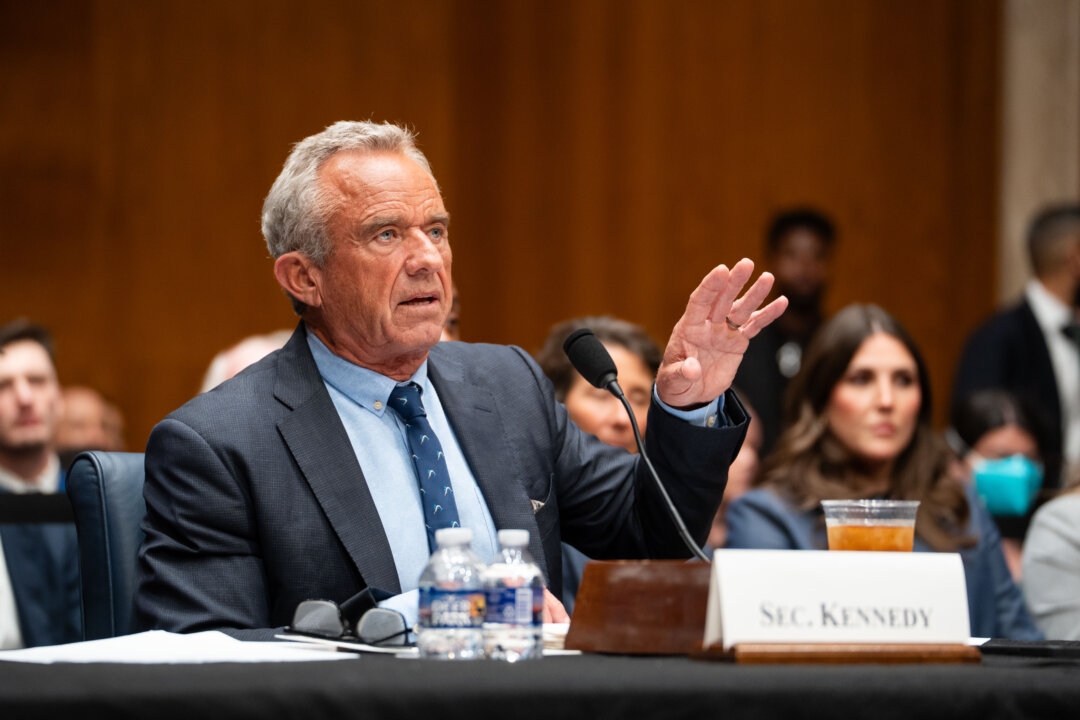
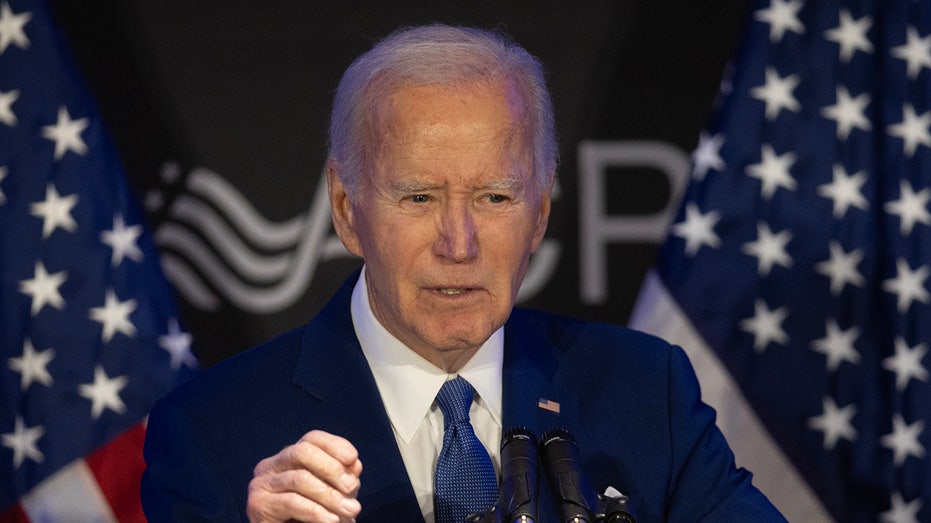

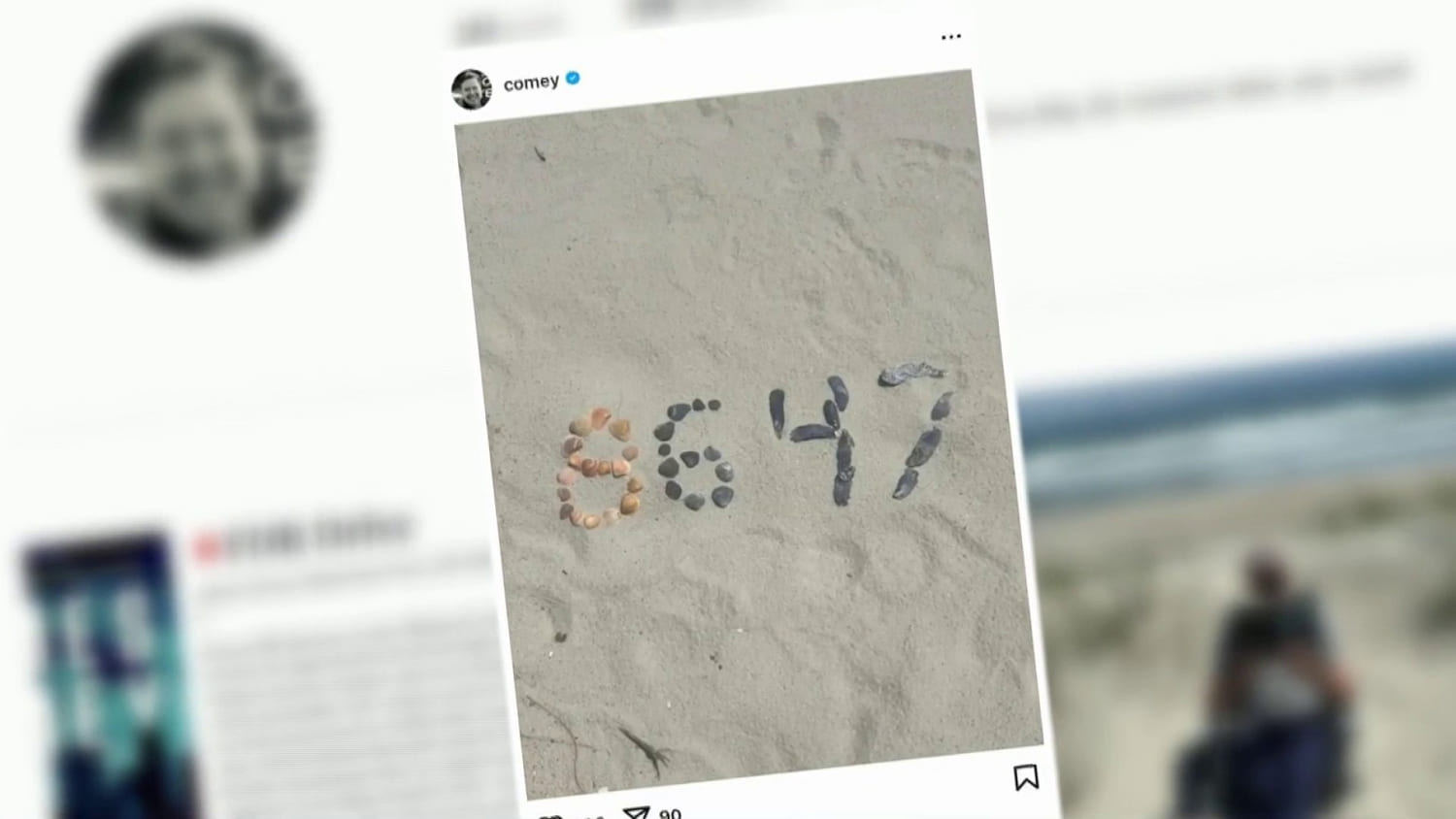
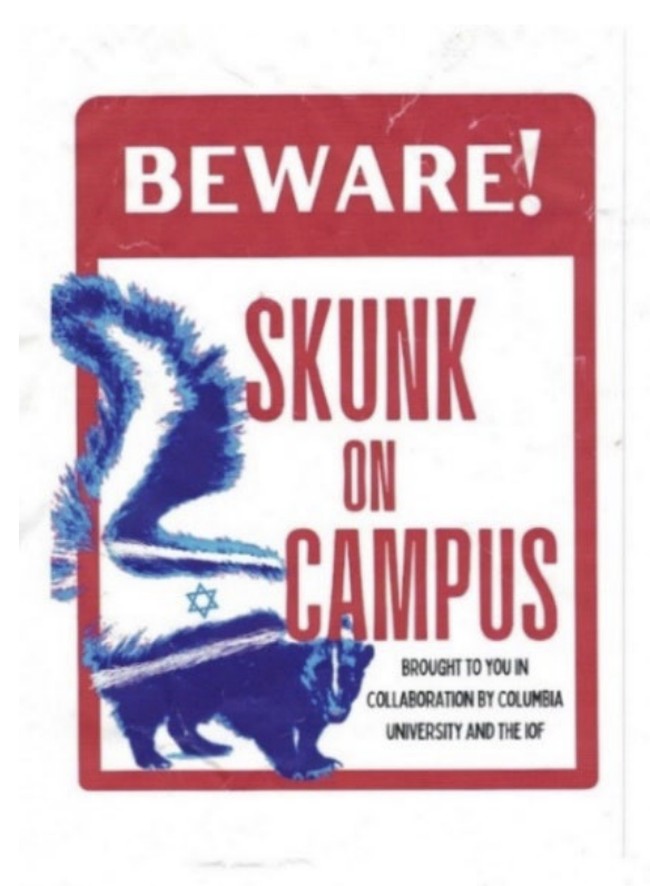
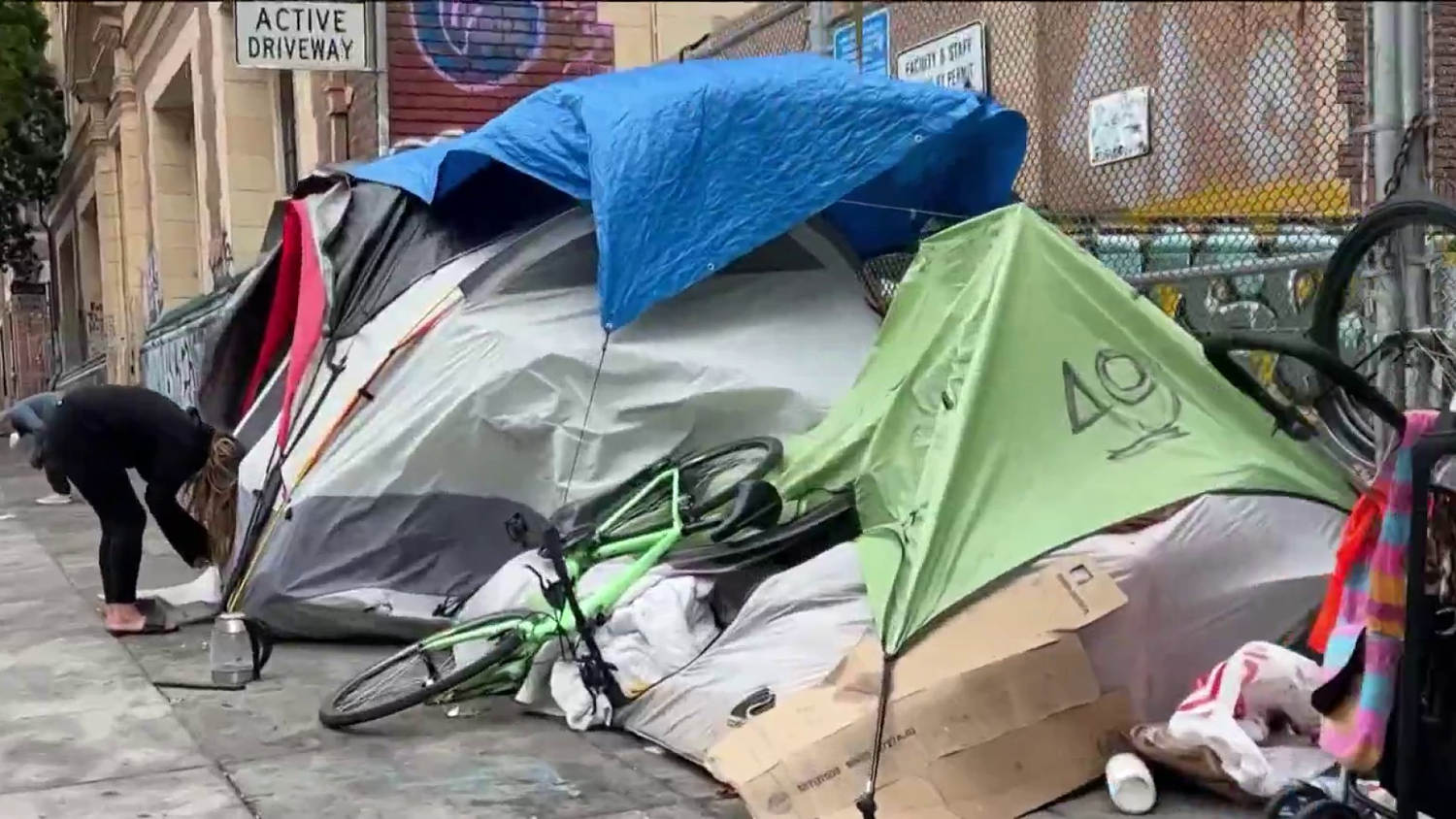



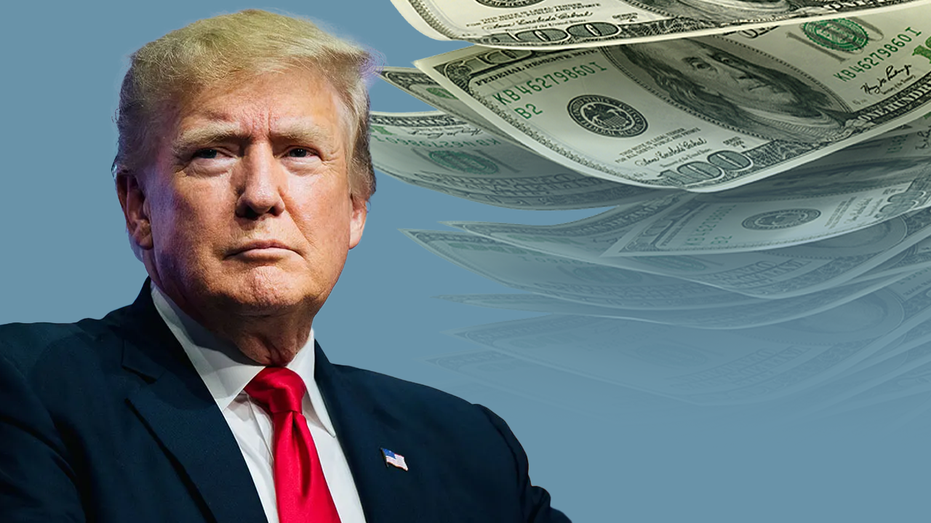
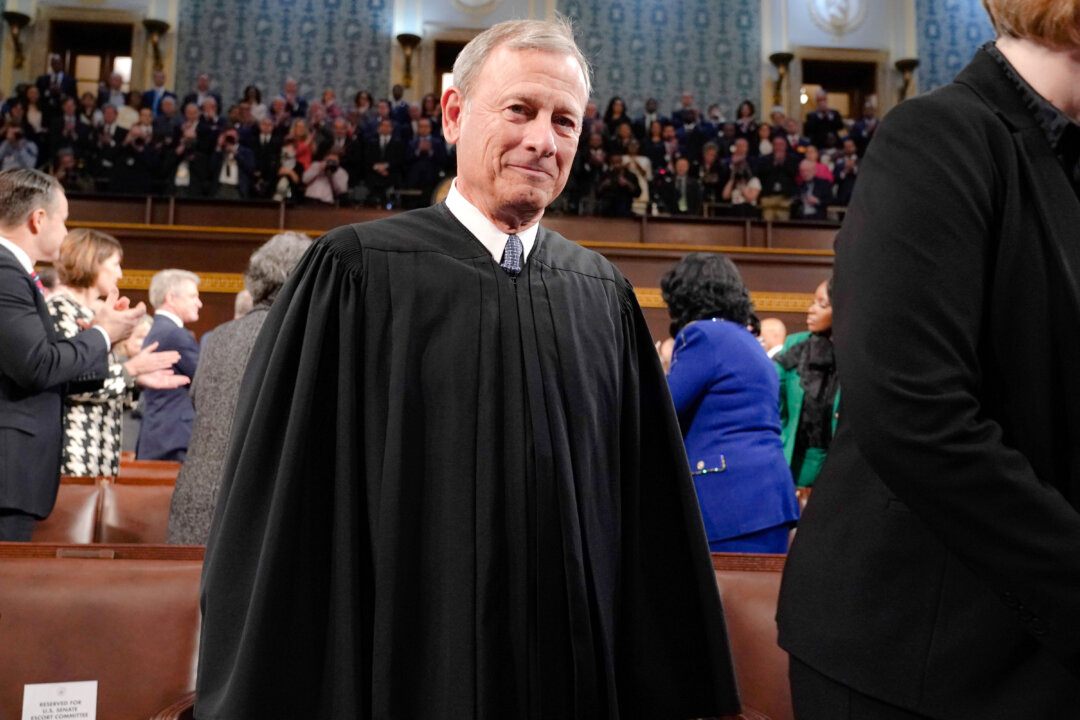



 English (US)
English (US)